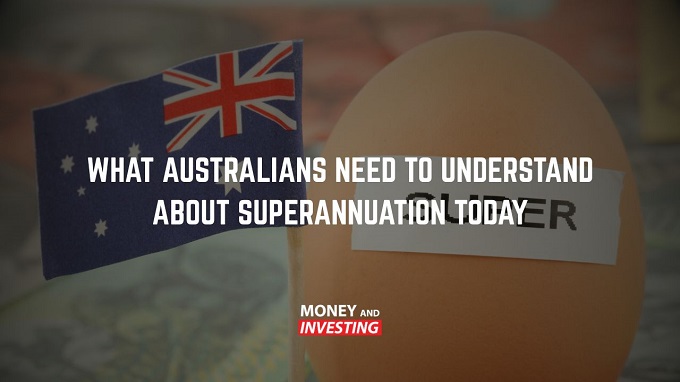China Challenges - Andrew Baxter
For years chatter has persisted about China’s growth threatening to take them to the top of the world order. More recently however, China has been facing some challenges affecting the size of their economy and just what type of economy they may be set to become.
The Last 15 Years in China
Host Andrew Baxter equates China’s last 15 years to something similar to an internal industrial revolution. A shift away from a historically agriculture based economy to a major manufacturing and technological centre of the world has seen the Chinese economy boom. Though the agriculture and primary production remains strong in China, Chinese citizens have moved into more urban areas in their droves with such major industry coming into the country. Cheap labour has historically been a major drawcard for competitive businesses looking to manufacture their goods more cheaply.
China also has not adopted a floating exchange rate, keeping it fixed for the most part which allows for some great stability which enables them to take on tasks that other countries can not. Another competitive edge has come from the fact that China has been a developing nation throughout this period, not falling under much scrutiny for its carbon emissions over the years.
The Shift Away From China
As China has become larger and larger, some of what used to be so attractive about it for business appears to have perhaps fallen by the wayside. Host Andrew Baxter notes that there has been a recent trend of major US companies moving their operations out of China for a range of different reasons. Once upon a time the UK was the manufacturing capital of the world, attracting lots of foreign business due to a surplus of natural resources combined with cheap labour. As things changed however and conditions in the UK for cheap manufacturing began to dim, we saw a shift to other nations where those conditions remained available. This may be similar to what we are seeing now with China, with many businesses moving out of China and into neighbouring developing nations in Asia.
China’c continued 0 Covid infection policy may have contributed to this, with regular lockdowns in the manufacturing centre of the world causing a lot of supply chain disruptions around the world. Even Apple, which once produced the bulk of their products in China, have moved production out of the country.
The Biggest Risks for Manufacturing in China
As a complex and multifaceted issue, there are an array of different risks in play for those that are looking to take their manufacturing business into China. Host Andrew Baxter sees 2 major ones – government policy and the potential for corporate espionage. The government policy in particular is a major one at the moment. The risk of having your operations shut down due to government policy around that no Covid policy can really cause mayhem for a business and if that is avoidable in other countries, it would certainly be quite attractive. Although they may have to pay a little more, major companies are accepting the slightly higher costs in other countries for the sake of assurance that their supply chains won’t be shut down at any given moment.
Where Can We Find Opportunities?
As is the case when any major issue arises – there are opportunities that present themselves. Host Andrew Baxter notes that the largest threats to businesses around the world at the moment is the difficulty associated with transporting goods across seas and instability stemming from the work force and government policy. US manufacturers have the opportunity to trade very heavily with Canada and Mexico in large amounts under NAFTA which ensures some pretty attractive conditions. As a US company, moving operations into Mexico where labour is cheaper, goods can be transported by road or rail, and where time zones are even the same may lead to some big US names moving into Mexico as a long-term strategic move. As a primary producer of agricultural goods, major companies moving manufacturing operations may bring some opportunity about for up and coming Mexican companies.

Comments
Post a Comment